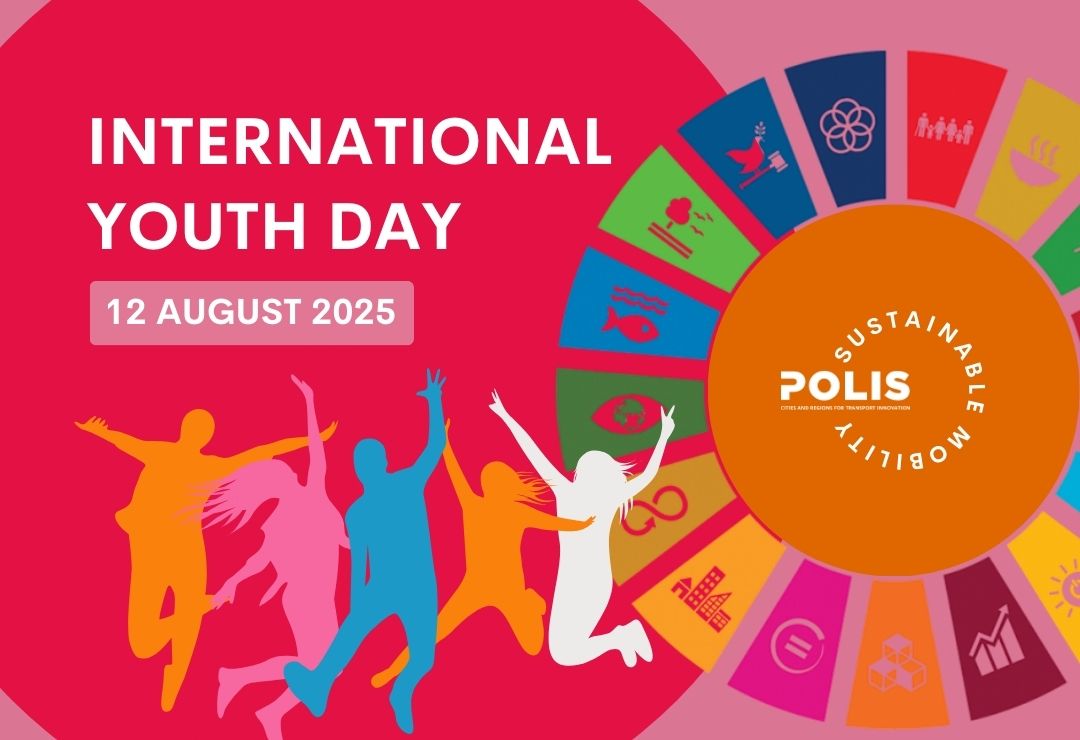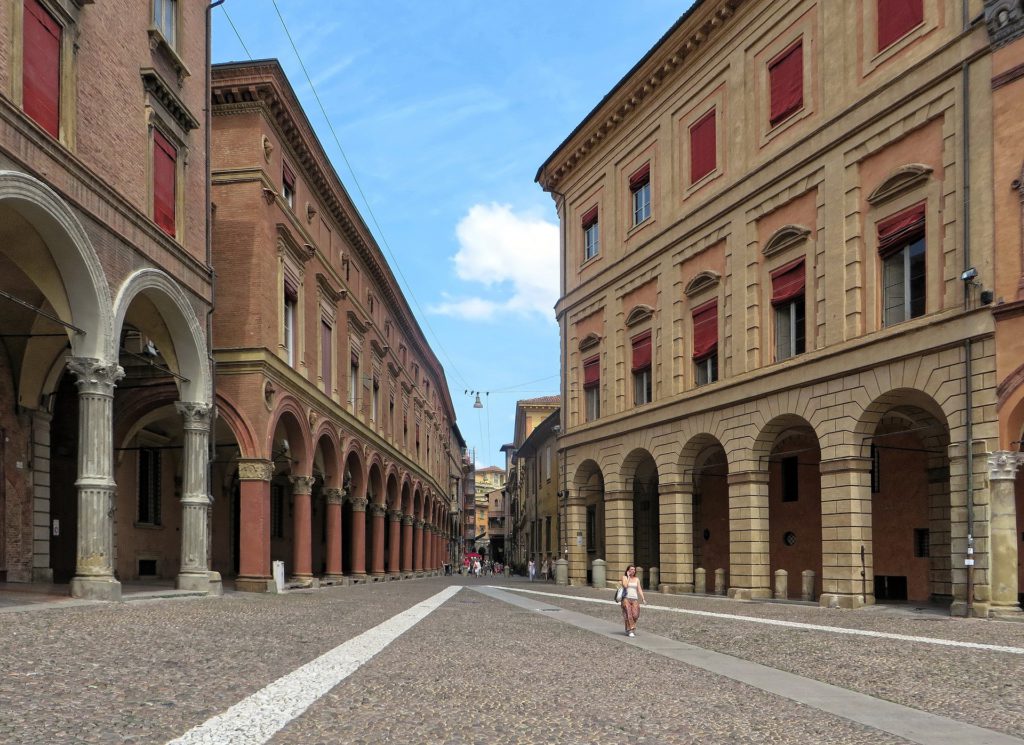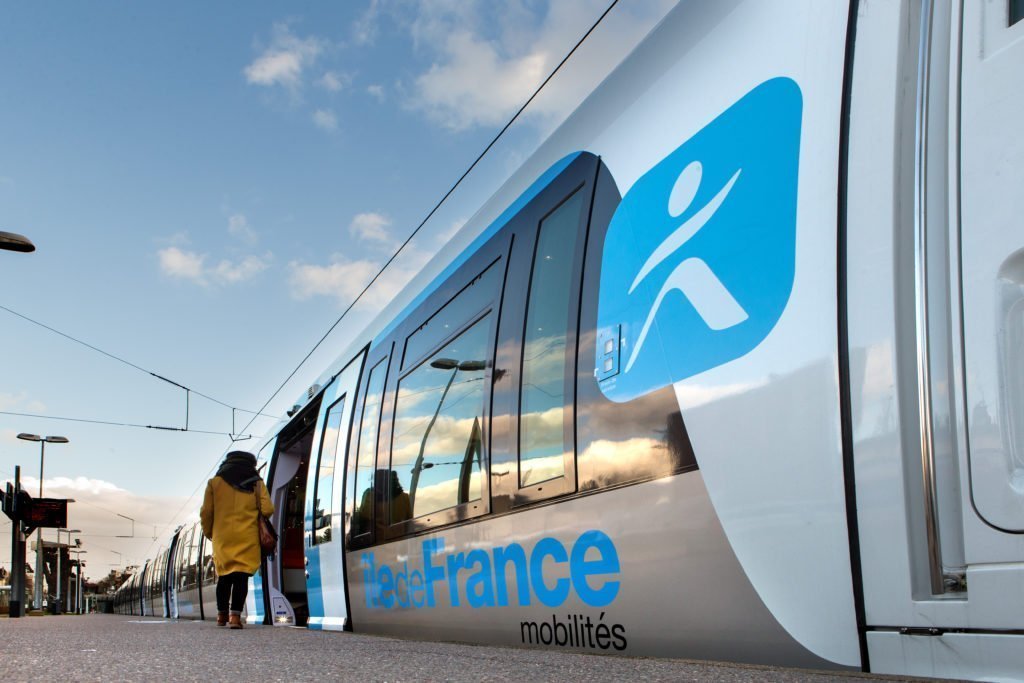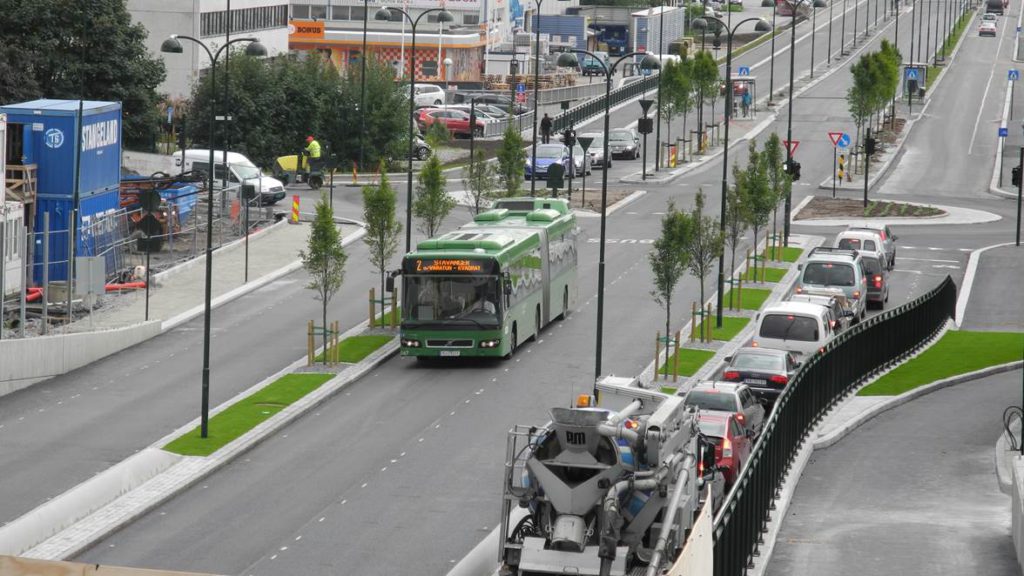International Youth Day 2025: Putting youth mobility first
Celebrated each 12 August, International Youth Day acknowledges and highlights the vital role that young people play as agents of change, leaders, and mobilisers, because youth engagement is not a luxury—it is a necessity.
International Youth Day 2025 marks ten years since the adoption of the 2030 Agenda for Sustainable Development and its Sustainable Development Goals (SDGs). This year’s global theme, ‘Local Youth Actions for the SDGs and Beyond’, recognises the vital role of young people in turning global ambitions into local realities, bridging the gap between policy and practice.
This year’s observance calls for tangible investments in inclusive policies and programmes that support local youth initiatives for the SDGs. Therefore, local and regional governments, being closest to their communities, play a central role in this effort: working alongside young people, they can accelerate SDG implementation but also nurture the next generation of leaders and changemakers.
Transport is not assigned a dedicated SDG, yet it is key to achieving many of them. Indeed, the upcoming UN Decade of Sustainable Transport (2026-2035) will be a major opportunity to highlight transport’s role in sustainable development and strengthen global cooperation on mobility. However, to achieve an environmentally sustainable, socially just, and economically efficient mobility, we need to include young people too.
Youth mobility needs more attention
Young people (often defined as ages 15–24) form a diverse group whose transport needs are shaped by age, gender, location, income, culture, and growing environmental pressures. Safe, reliable, and affordable transport is vital, connecting them to education, work, friends, and opportunities.
A recent International Transport Forum report shows that young people’s travel habits differ from older adults and are often overlooked. They rely more on public transport, travel more outside peak hours—often around education or part-time work—, and are influenced heavily by cost, safety, frequency, and reliability of services
Cost is a major barrier. A UWE Bristol/Sustrans briefing notes that buses are the main alternative to cars, but in rural areas, poor service quality means many depend on lifts. While driving offers independence, fewer young people now drive—only 3 in 10 aged 17–20 hold a licence, compared to 5 in 10 twenty-five years ago. In rural areas, though, driving often remains essential for full-time work.
Dependence on public transport, rising costs, and lower incomes limit access to education, jobs, and social life. These barriers also harm physical and mental health, self-worth, and long-term confidence in using transport.
Giving young people a seat at the table
At POLIS, we work to ensure transport is equitable, inclusive, and accessible. Addressing youth-specific needs is vital, but it is not enough: young people must be active participants in leadership and decision-making, helping to chart the future of mobility.
Youth perspectives are central to urban design. In ELABORATOR, POLIS and its partners engage groups vulnerable to exclusion, including young people, to co-create sustainable urban mobility solutions. Similarly, the SMALL project unites cities, industry, academia, and organisations across the North Sea Region to make shared mobility accessible to all—from people with reduced mobility to families with children.
Cities and regions must go beyond consultation and place youth mobility at the forefront of climate and transport strategies. This was the theme of the 2022 European Week of Regions and Cities event 'Youth Engagement in the Green Transition', where young representatives, experts, and decision-makers shared initiatives such as:
- Île-de-France, which offers youth transport cards with reduced fares and access to carsharing/carpooling;
- Stavanger, which provides unlimited public transport for under €30/month for young people;
- Turku, which closely works with school parliaments to shape active travel strategies, giving young people a direct role in participating in main decision-making bodies.
Youth engagement was also the focus of Urban October 2024, during which we showcased how some of our members empower younger citizens:
- Strovolos, where its Bicycle Academy has been offering training for all ages since 2009;
- Bologna, where, thanks to the Horizon Europe SPINE project, primary and secondary school children are involved in co-designing wayfinding for multimodal hubs;
- Riga, where the Riga Technical University’s 'Bus Baltica' programme brought together students from Tartu and Kaunas to identify solutions for the Rail Baltica project, a major railway connecting Baltic capitals and cities.
Europe’s future depends on the vision and participation of its young citizens. Achieving sustainable, inclusive, and digital mobility means aligning strategies with their priorities and giving them real influence.
The upcoming UN Decade of Sustainable Transport is a unique opportunity to put young people at the centre, creating systems that guarantee dignity, safety, and fairness for all.








